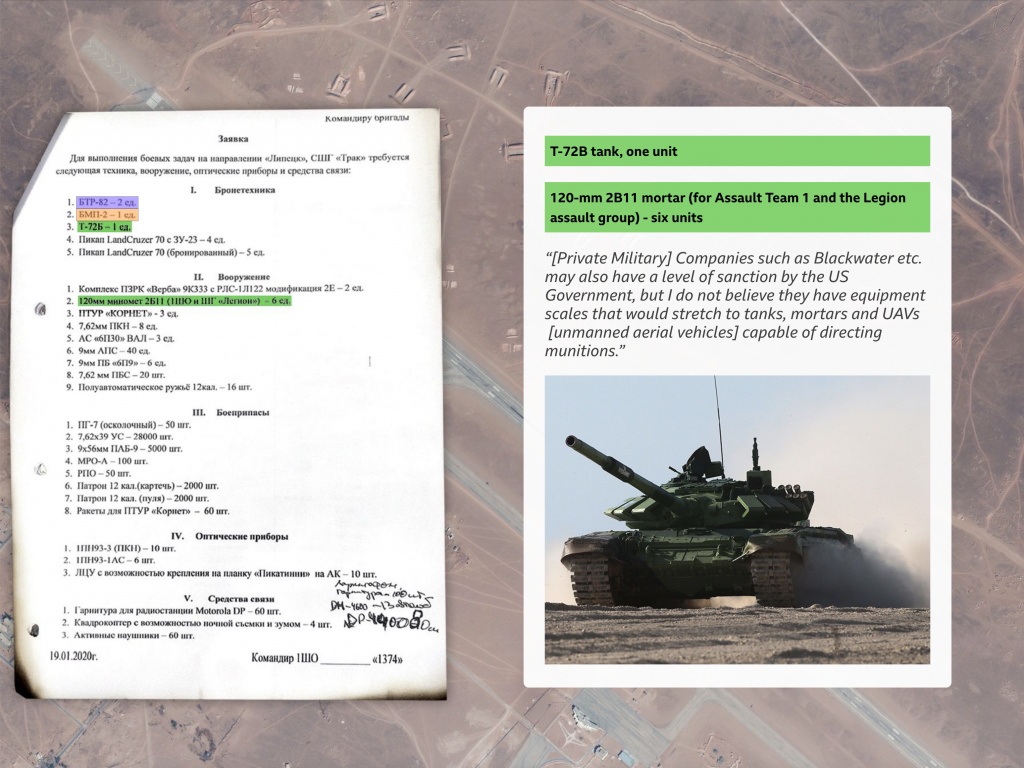In 2014, what became known as little green men invaded Crimea, Ukraine. No, these were not aliens, but what we’ve later learned were unmarked Russian Army soldiers. They routed what little resistance Ukraine mustered in 2021 Crimea is de facto Russian, though de jure it remains Ukrainian.
Following Crimea, insurrections erupted in the Donbas, part of the mainland—yes, Crimea is connected through a thin strip of land, but in many ways it’s effectively not part of the mainland—bordering Russia. We suspect these too also included Russian Army regular, most notably the downing of Malaysian Airlines Flight 17. That civilian passenger airliner, filled with 298 people, was shot down by an SA-11 Gadfly, in use by the Russian Army across the border. But overall, the feeling is that in Ukraine, Russia uses paramilitary forces and private mercenaries, or at worst, soldiers “on holiday” to do Russia’s dirty work.
I covered the invasion of Crimea and the operations in Donbas extensively. Well, extensively for me.
In the years since, we’ve seen the emergence of the Wagner Group, a private mercenary group similar in concept to Blackwater. You have some fighting to do, they’ll do it for cash. But Blackwater, whose name has changed several times over the years, was largely staffed by ex-soldiers and had some infantry weapons to support them. Wagner Group is different.
And to see how different, you need only read this great BBC article that exposes some of the group’s details because of a tablet left behind by a Wagner mercenary. It is a bit of a lengthy read, but it’s well worth it. Wagner has been engaged/hired in Ukraine, Syria, and now Libya where it fights against the UN-backed government in Tripoli.
The data visualisation and information design here is mostly around forms and some illustrations of mines—the blow up and kill/main people kind, not the mineral extraction kind. But what sells the idea that Wagner is really more a shadowy appendage of the Russian state than some rogue private mercenary army are things like this document.

It, as the file photo hints, shows that Wagner is requesting a T-72 main battle tank for their operations in Libya. Blackwater committed crimes in foreign countries, but it never operated modern main battle tanks.
I also highlighted two other requisitions contained above the T-72. In purple we have an ask for two BTR-82s. These are more modern versions of the Soviet staple, BTR-80, a wheeled armoured personnel carrier. Then in orange we have a request for one BMP-2. This is a tracked infantry fighting vehicle.
In other words, Wagner is requesting the equipment necessary to field a scaled down version of a modern armoured division with heavy tanks and supporting infantry vehicles, both tracked and wheeled. It also contains requests for 120mm mortars, highlighted by the BBC. These are not things that a private mercenary army would have floating around a warehouse.
For this and other funding-related reasons, Wagner Group is increasingly seen as a part of the Russian government’s, i.e. Putin’s, foreign and security policy apparatus. The Russian state might not be able to be officially involved in Libya or Chad or the Central African Republic, where rumours abound of Russian-speaking mercenaries, but Wagner can because officially it doesn’t exist.
Credit for the piece goes to the BBC.

One thought on “Little Green Men. Now with Tanks.”